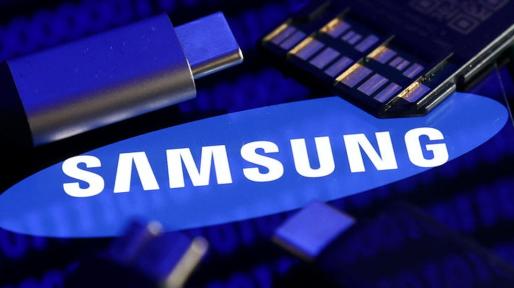Samsung Electronics plans to build five new semiconductor plants in South Korea by 2042—dubbed by the government as the world's largest chip-making base—with a capital expenditure of $230 billion, Reuters reported Wednesday, citing the ministry of trade, industry, and energy.
The development of this base is part of South Korea's plan to gain the upper hand in the non-memory chip field, which is currently dominated by foreign chipmakers such as Taiwan Semiconductor Manufacturing Co and US-based Intel. The country already has two of the world's biggest memory chip makers - Samsung and SK Hynix.
Samsung's five chip plants are expected to draw close to 150 manufacturers of materials, parts, and equipment as well as fabless chipmakers and organizations engaged in semiconductor research and development, according to a government statement.
The $230 billion investment makes up most of the government's $420 billion investment package announced Wednesday to stimulate the private sector by providing tax cuts and infrastructure support to high-tech industries, including those operating in the chip sector.
A few other countries have also announced plans, including Taiwan, the US, Japan, and China, to support their domestic chip industries. For example, the US provides billions in subsidies to chipmakers who invest in the country through its CHIPS Act, as part of its plan to strengthen the security and resilience of the semiconductor supply chain and beat China in global markets.
Under the act, semiconductor companies have created over 40 new projects with about $200 billion in private investments to increase domestic production since 2020.
China, which has been at a chip war with the US for almost a year, has formulated a $143 billion incentive package for its semiconductor industry in the form of subsidies and tax credits to offset the damages caused by the US chip bans and stimulate domestic production, aiming for self-sufficiency, according to Reuters.










